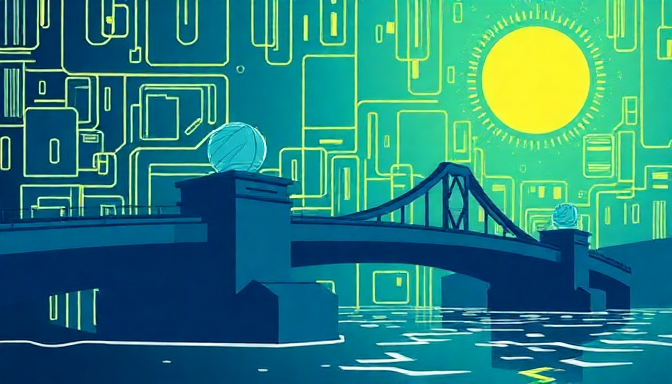
Passwords: Stop Using 'Password123' (Seriously)
Okay, let's just get this out of the way right now. If your password is "password," "123456," or some variation including your dog's name and birth year, you are actively trying to get hacked. Seriously, it's like leaving your front door wide open with a sign saying "Valuables Inside! Please Steal!". Have we learned nothing from every single data breach headline ever?
These ridiculously simple combinations can be guessed or brute-forced by even the most amateur hacker in mere seconds. There are automated tools designed specifically to try millions of common passwords until they hit yours. You're not just making it easy; you're essentially handing over the keys with a little bow on top. It's long past time to stop being part of the problem and start using passwords that require more than a single brain cell to devise.
Two-Factor Authentication: It's Not Just for Nerds Anymore
So, you've hopefully moved past using 'password123' or your dog's name followed by the current year for everything. Good for you, truly. But let's be honest, even a 'strong' password can be cracked or leaked eventually, because humans are messy and the internet is a dumpster fire. This is where Two-Factor Authentication, or 2FA as the cool kids call it, steps in to save you from yourself.
Think of 2FA as the digital equivalent of needing two keys to open a super-important safety deposit box, except one key is your password and the other is something only you physically possess or can access right then. Usually, this means a code sent to your phone, generated by an app, or sometimes even a physical little key fob. It's an extra hurdle for the bad guys, making your account significantly harder to break into even if they somehow snag your password.
Yes, it adds a few seconds to your login process, which I know feels like an eternity in our instant-gratification world. But those few seconds are the difference between a mild inconvenience and waking up to find your bank account empty or your social media spewing embarrassing spam. Stop whining and just enable it; it's literally one of the simplest, most effective things you can do to protect yourself online, and no, it doesn't make you a 'nerd,' just slightly less of a potential victim.
Software Updates: Click the Button, It's Not That Hard
Okay, let's talk about that little pop-up notification you keep dismissing. You know the one, telling you your operating system, browser, or some random app needs updating. I get it, it's inconvenient, it takes time, and who knows what new "features" they've added that you'll hate. But seriously, clicking "Update Now" is arguably the lowest bar for digital self-preservation. It's right there, practically begging you to do the bare minimum.
Ignoring those updates is essentially leaving your digital front door wide open with a "Welcome, Hackers!" sign on it. Those updates aren't just cosmetic changes or performance tweaks you might not notice; they're often patching critical security vulnerabilities. Think of them as tiny, digital repair crews rushing to fix the holes the bad guys are actively trying to crawl through. Skipping updates means you're running outdated software with known weaknesses that attackers are already aware of and exploiting.
Antivirus/Antimalware: Think of it as Bug Spray for Your Computer
Alright, let's talk about keeping the digital creepy crawlies out. Think of your computer like a picnic blanket spread out in the digital wilderness, and the internet is basically one giant swamp filled with mosquitoes, ticks, and things you don't even want to think about. Antivirus and antimalware software is your bug spray; it's not a perfect force field, but it drastically reduces the chances of something nasty landing on you and making you itch incessantly.
So, you might ask, "Do I *really* need it? Can't I just be careful?" Look, you're the same person who probably uses 'password' as their password and clicks on every link that promises free money. Being 'careful' is clearly not your strong suit when digital hygiene is involved. This software is a baseline defense, constantly scanning and swatting away threats you wouldn't even see coming, like that weird email attachment you're *this* close to opening.
